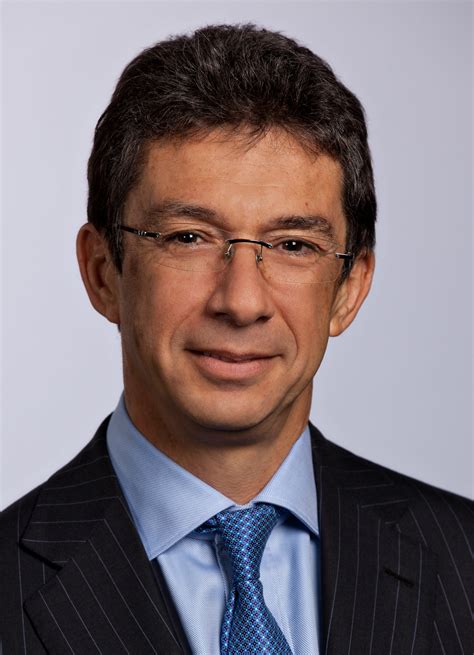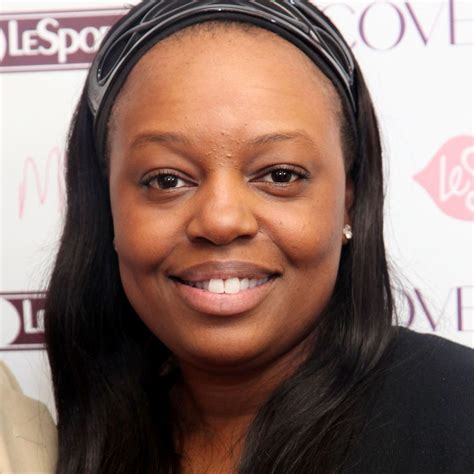A Quote by Robert Sternberg
In other words, unlike some people with new theories, we will go out, we'll go into a school and we get products and the products are evaluated, whether it's by teachers or others. The scores are quantified and then we compare performances.
Related Quotes
Shifting Philip Morris to the new a non-risk products doesn't mean that I will give market share to my competitors free of charge. In the markets where we are not present with IQOS yet or the other reduced-risk products, you still need to defend your share of the market. They still represent the bulk of our income, and so far they have financed the billions of dollars we have put behind these new products. But once we go national in a market, and absent capacity constraints, then you shift your resources and your focus to these new products.
I think, for young people, and I think, for women, it's great to work in new products and derivatives products because, if you work in a plain-vanilla product, it's going to take you decades to get to a level where other people are. If you work in a brand new business, no one is more experienced than you are.
We’re keenly aware that when we develop and make something and bring it to market that it really does speak to a set of values. And what preoccupies us is that sense of care, and what our products will not speak to is a schedule, what our products will not speak to is trying to respond to some corporate or competitive agenda. We’re very genuinely designing the best products that we can for people.
The potential of a zero-risk is in every market, because eventually I think people will switch to these products as they become available. There are two unmet needs in smokers: something that is much better for my health and something that bothers others much less or doesn't bother them. These are things cigarettes can't resolve. These new products are developed to address these needs.
Being an entrepreneur I love to help people, and I think through the products that we develop in my company, we will be able to help a lot of people. Whether it's help them to get over the difficulties of a technology and use it. Or helping employees, creating new jobs, new opportunities for people that work in my company.
Just in the past couple of years, there's been pushback against some of that marketing, as parents have gotten really upset. Now we're seeing Coke and Pepsi kind of shape-shifting. Instead of doing these very explicit marketing deals, they are getting into schools in much more hidden ways - things like My Coke Rewards, where they encourage schools to push their student body to purchase Coke products, in exchange for points that go toward various products for the school. It's a way for these companies to get in front of kids, presented as a form of charity.



































